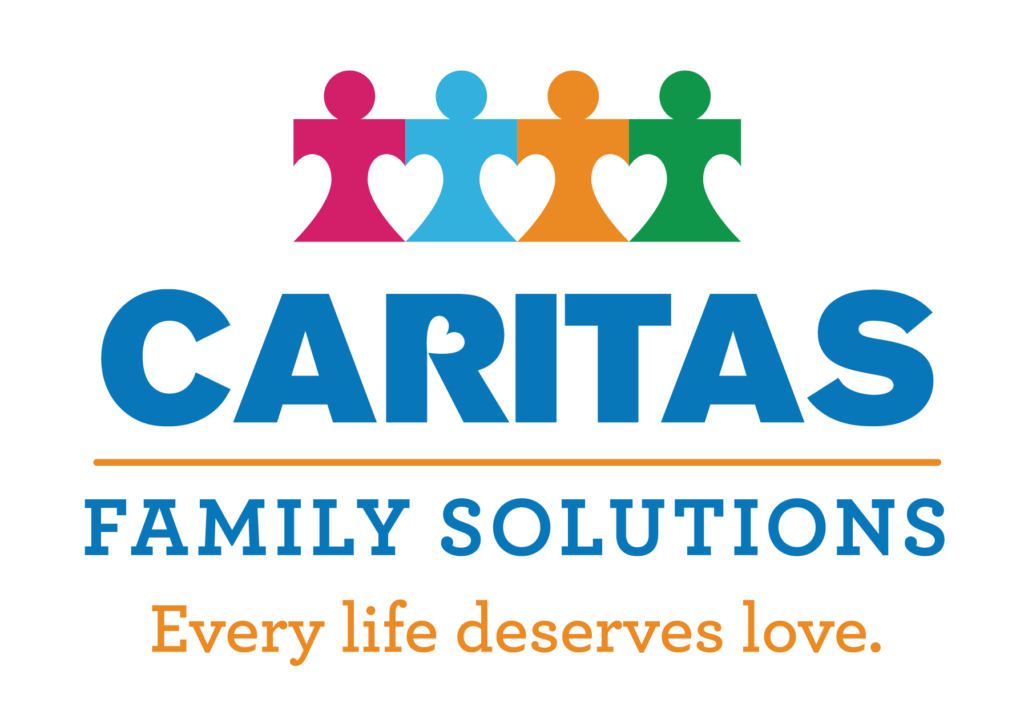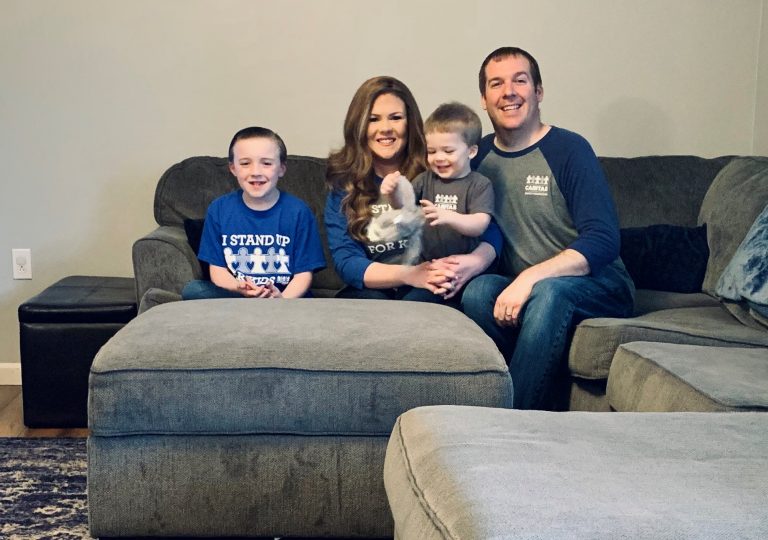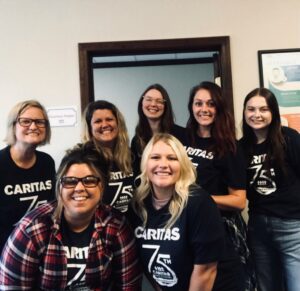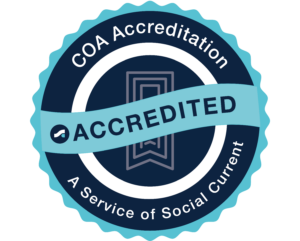By Kayla Kinser, Foster Care Case Supervisor
A few days ago, I was reminded of the events we hosted in our office last year for Child Abuse Prevention Month by one of the “memories” featured on a social media platform. I felt a rush of sadness and grief as I saw the smiling faces of myself and my colleagues wearing blue and holding up our spinning pinwheels. This year is so very different: There will be no in-person kick-off celebration or event. There will be no commemorative photo to look back on for years to come.
As we all continue to adjust our daily lives amid the COVID-19 pandemic, our world as child welfare workers has also had to adapt in significant ways.
The last few weeks have been challenging for my family. My husband and I have two young boys who seem to take pride in finding the most daredevil, loud activities with which to fill their time. In addition, my husband and I are both deemed essential employees and have been tasked with continuing to work, care for our sons, and homeschool our oldest: 2nd-grade math is not for the faint of heart! I am a worrier and perfectionist by nature, and the current situation has only heightened the sense of feeling as if the weight of the world is on my shoulders. I know that our family is far from alone in this struggle, as there are countless others who are struggling far more.
The concern that I have for others is what led me to a career in child welfare. As a Foster Care Supervisor, I have never encountered a situation like this one. I am worried about the safety of my team, our clients, the children that we serve, and our foster families. During these uncertain times when it is impossible to do ‘business as usual,’ how can we continue to ensure we are serving our families and furthering our mission of creating healthy relationships, loving homes, and strong communities? The ‘what ifs?’ just keep running through my mind.
With direction from both Illinois DCFS and Caritas leadership, we have implemented amended procedures to check in with the families we serve to ensure the safety of the children in our care. These procedures help minimize exposure for everyone involved, which will hopefully help us do our part in flattening the curve.
Foster Care Case Managers are conducting weekly visits with their foster parents and children via telephone or video conference. During these contacts, Case Managers are asking specific questions about how the family is doing during this time, whether anyone in the home is experiencing symptoms, and if the family has any unmet essential needs. Should any safety concerns arise, the Case Manager must immediately report them to their supervisor for further review so that a plan of action may be facilitated. These changes have been trying for many of us, as we are all so used to having a great deal of in-person interaction with our families. Thankfully, technology has ensured that I am providing an increased level of supervision and guidance.
I know we are all struggling during this time with the many worries, uncertainties, and increased responsibilities, however I have also been pleasantly surprised in many ways. I have watched my colleague’s creativity knows no bounds when it comes to problem-solving and nothing stops them from offering support to one another. Despite it all, Caritas staff members are putting aside their own personal concerns and are focusing on the needs of those that we serve. While I may not know precisely when life will resume as normal or what normal will look like when all of this is over, I do know that we will continue to do our best to support our clients no matter the circumstances. As I tell myself several times each day: this too shall pass.






